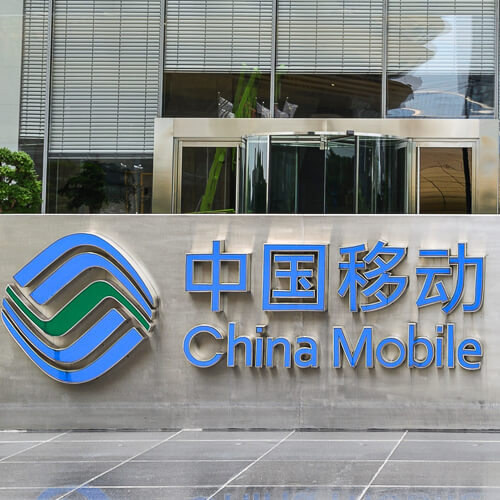
China Mobile has awarded the entirety of its latest network tender to Huawei and ZTE – an unusual step even in China.
The two companies are to supply equipment and services worth around 7.5 billion yuan (US$1.16 billion) for China Mobile's converged 4G/5G core network.
The operator stipulated that only two companies could bid, according to domestic media reports.
The tender is not on the same scale as the blockbuster 38 billion yuan ($5.9 billion) 700MHz network procurement, led jointly by China Mobile and China Broadcast Network in July.
Even so, on that occasion, Huawei still snared around 60% of the total. ZTE won 31% and Nokia and Ericsson picked up 4% and 2% respectively.
In fairness, China is hardly the first country to have favored its own domestic suppliers although for many years, foreign players dominated the China market and in so doing helped forge China's domestic champions.
Now we are at the other extreme, where non-Chinese suppliers are marginalized if not excluded altogether.
Stuff of nightmares
This is the nightmare scenario that's been on the mind of Ericsson CEO Börje Ekholm, who's been a vocal critic of the Huawei bans.
After missing out on some of the big recent contracts, Ericsson has just restructured its China operation.
But by turning the mobile equipment market into a virtual duopoly, China is limiting its own options. As Huawei itself has so often argued, reducing vendor competition leads to higher prices and fewer choices and limits access to the best technologies.
That seems to be evident in this latest tender. One Chinese industry website points out that Huawei and ZTE bid almost the same price, knowing they were the only ones to bid.
"Both parties have guessed that Huawei must take the most share and ZTE is second. Therefore, the two sides formed a tacit understanding and did not need to compete at low prices," the website cfyys.com.cn said in a commentary.
Come outside
Hard to believe, but by comparison the vendor market in the rest of the world looks positively vibrant.
It may be dominated by two big players, and struggling to turn open RAN into a thing, but there is genuine competition from smaller vendors like Samsung and the emerging cloud RAN players, not to mention open tenders from directly competitive operators.
Want to know more about 5G? Check out our dedicated 5G content channel here on Light Reading.
That isn't the direction China is heading in. Its two big vendors are increasingly leaning on their local market, which consists of risk-averse customers who are subject to government directives.
That's not a recipe for innovation.
Related posts:
— Robert Clark, contributing editor, special to Light Reading
Read more about:
AsiaAbout the Author(s)
You May Also Like




_International_Software_Products.jpeg?width=300&auto=webp&quality=80&disable=upscale)







